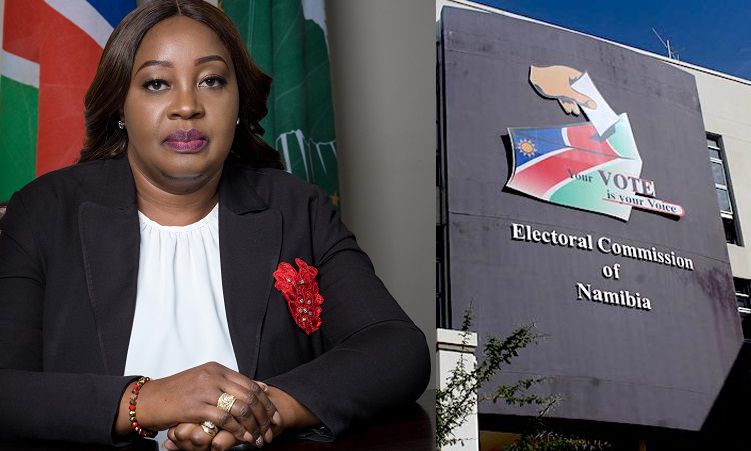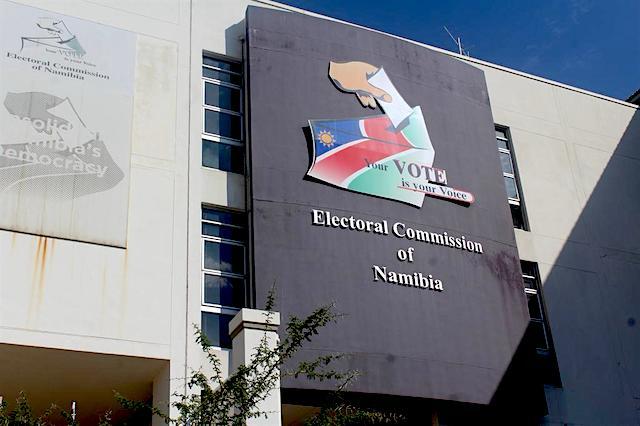Inclusivity and diversity are essential for fostering equitable representation in politics.
However, the uptick in the trend of youth and women inclusivity in governance in Namibia requires closer scrutiny.
Questions are being asked about political parties possibly using the youth as ‘tools’ to gain electoral support.
For some, this type of approach can show a lack of concern for young people’s long-term careers, especially for inexperienced leaders thrust into high-ranking political roles.
In Namibia, youth and women are visibly promoted as symbols of inclusivity.
Political parties appoint young and enthusiastic leaders to parliamentary positions to demonstrate diversity and progressiveness.
On the surface, this appears to be a noble move, bringing fresh perspectives and ensuring that the voices of youth are heard at the national level.
However, the reality for many young people who step into these roles can be more complex.
By placing inexperienced individuals in parliament without giving them the opportunity to nurture their careers and gain experience, political parties may be doing more harm than good.
For young leaders, the transition from ordinary citizen to member of parliament can be overwhelming.
They face the challenge of having to navigate the complexities of politics without necessarily having the foundation needed to succeed. This is problematic.
Firstly, youth appointed to these senior roles often lack the experience to fully understand or influence the policies they are now responsible for helping shape.
As a result, they may struggle to effectively represent the interests of their constituents, leading to a weakened democratic process.
Secondly, the abrupt elevation to such high positions leaves these young leaders vulnerable, especially when the political winds shift.
UNPREDICTABILITY
Namibian politics, as in many other democratic countries, is unpredictable.
Political parties may lose seats in parliament because of shifts in voter sentiment, leaving young MPs at risk of losing their positions.
For some, there is no clear path back into politics or other professional fields after their parliamentary careers are cut short.
Those who lose their seats may find themselves in a precarious position: Having to move from being an MP to an entry-level job, if they can secure one at all.
This highlights the fragility of a career in which they have not been given a chance to build the necessary traction for long-term success.
The desire for elevation is strong among the youth, many of whom rightly want to take part in shaping the future of their country.
However, in some cases it appears that political parties might be taking advantage of this ambition; that they are demonstrating inclusivity for the sake of optics rather than for the genuine empowerment of the youth.
Nevertheless, it is imperative for the youth to also learn how to examine opportunities presented to them and to weigh up the situation and the possible impact it may have on their future ambitions.
- • Shepherd M Nyambe is Namibia’s youngest published researcher, an award-winning SDGs action advocate and a political science scholar. All views shared here are entirely his own; Shepherdmn01@gmail.com
Stay informed with The Namibian – your source for credible journalism. Get in-depth reporting and opinions for
only N$85 a month. Invest in journalism, invest in democracy –
Subscribe Now!








